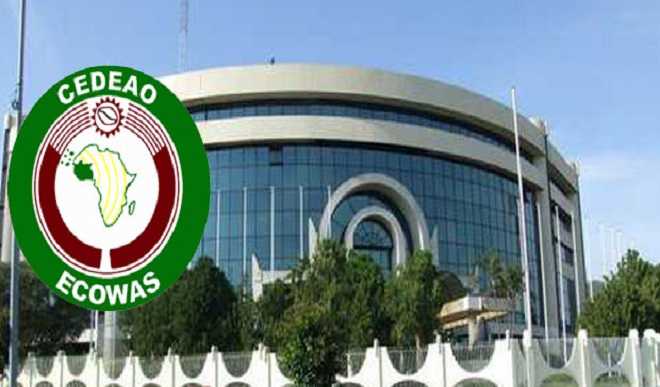Stakeholders at a one-day High-Level Policy Pre-conference have tasked governments in the West African region on people centred governance of natural resources to address inequality in the sector .
Executive Director, Global Rights ,Abiodun Baiyewu, said that the pre-conference on Inequalities and Natural Resource Management in the ECOWAS region was organised by Global Rights in partnership with the Integrated Social Development Centre (ISODEC).
According to her, the pre-conference is a preliminary to a high-level conference to address the role that natural resource management can play in reducing widening economic and social inequalities in the ECOWAS region.
She said that the pre conference meeting was aimed at eliciting the concerns of stakeholders on the issues of inequality in Nigeria, especially with regards to the extractives in the country.
“This is towards a larger meeting of issues of inequality and extractives in West Africa, as you know that Nigeria is one of the richest resource countries in the world.
“Yet our poverty levels are extremely high that it is not translating to wealth for citizens and the gap and the inequality gaps are just too wide.
“This conference is seeking to address those issues, primarily.
” We need a people centred governance of natural resources, we must put power back in the hands of ordinary people in West Africa.
“This will help them to determine how those resources whether they should be honest or not and that if they are we must, we must be able to put enough power in the hands of people to make informed decisions about it.”
Ms Faith Nwadishi, Executive Direcror, Centre for Transparency Advocacy (CTA) stressed the need for Nigeria’s leaders to ensure that the country’s resources work for all Nigerians rather than just for a few individuals.
Nwadishi said that most times the original inhabitants of natural resources communities suffer most as they do not even have access to water, electricity and basic amenities like health.
“So the question is, we are so blessed yet we are so poor, why the disparity? and the impact is more on women.
“Every time you talk about natural resources, it is exploitation; you see inequalities and all of the indicators of inequalities more on the people who are closer to the resources.
“So you find those who have far away from the resources being the major beneficiaries, while those who are closer to the resources are not benefiting .”
The Co-chair of the meeting, and head, Communications and Advocacy, Nigeria Extractive Industries Transparency Initiative, (NEITI), Obiageli Onuorah pointed out that proper management of Nigeria’s natural resources would lead to reduction in poverty and corruption.
She explained that studies conducted by NEITI revealed that host communities of petroleum and solid minerals were the least beneficiaries of revenues from the resources.
She added that women usually bore the brunt of the inequalities in the sector thereby leading to poverty.
“We have not been able to reduce poverty or address poverty ,we are going to work out our strategies produce tools that we are going to use to drive the equality process and then give ourselves targets.”
Another co-chair of the pre-conference meeting, Tengi George-Ikoli of the Natural Resource Governance Institute stated that for a country that relied so much on natural resources for its revenues, Nigeria was mismanaging its earnings from the sector.
She noted that coming years would even be tougher for the country with the expected fall in the demand for hydrocarbons due to energy transition.
She therefore , said that urgent steps needed to be taken to address the situation.














